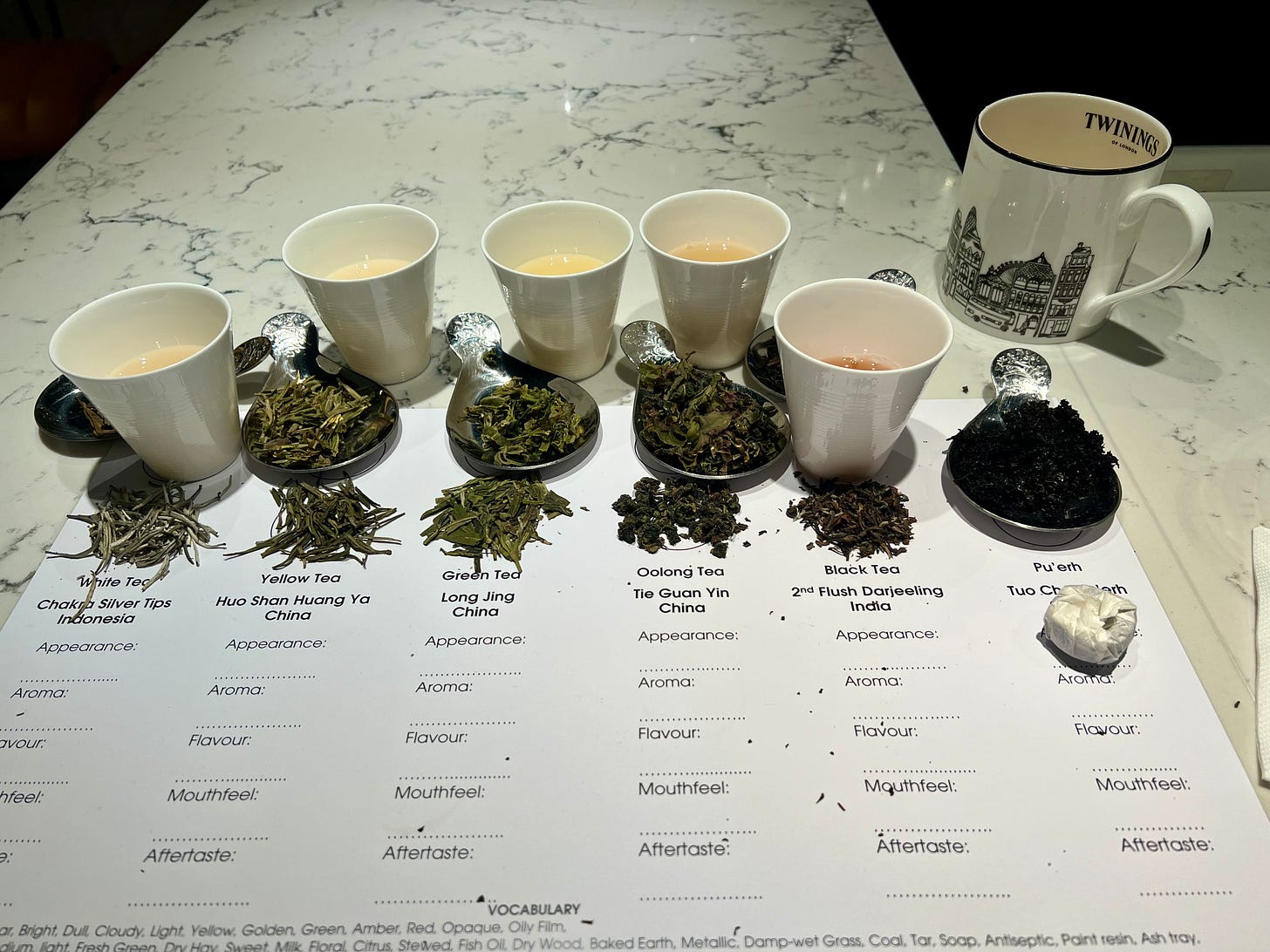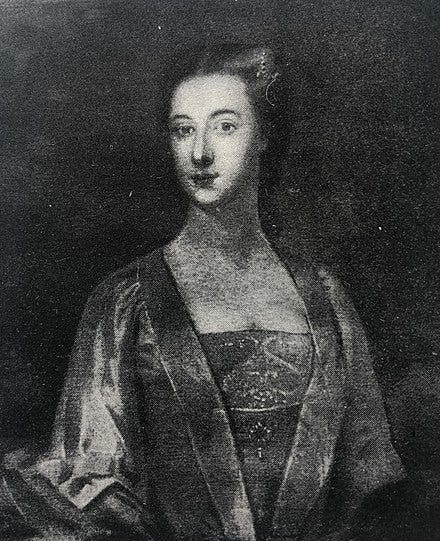Spilling the Tea at Twinings: 7 Things You May Not Know
They drink a lot of tea in Great Britain but that wasn’t always the case. In fact, the British used to be avid coffee drinkers, the streets lined with popular cafes serving coffee and ale, albeit only to men. No women allowed.
Amazing what you can learn in the narrow storefront location (since 1706, at 216 Strand) of London’s Twinings tea company when you sign up for one of their tea-tasting classes, (“learn how the professionals ‘slurp’”), held in a skinny basement room presided over by a Twinings Brand Ambassador. I’ll never grab a box of Irish Breakfast off the Co-op shelf without remembering a host of tea-related surprises. Here’s my top seven:
You’re doing it all wrong. According to Twinings, tea should be brewed with hot but not boiling water. So the whistling teakettle which only alerts you when the water is boiling is doing you and your tea no favors. Get a proper English kettle (!), or heat the water until you just start to see tiny bubbles.
For almost 20 years, from 1763 to 1782, Twinings was run—and run well—by Mary (née Little) Twinings at a time when women were absent from any serious role in commerce. She died upstairs in the current Twinings building and many believe she continues to haunt the store. Canisters inexplicably falling from shelves, buzzers used to summon employees to the sales floor going off at odd hours . . .
The tea tax once reached 119%. When it was finally reduced to 12.5% at the behest of Twinings and others, the government had to make up for lost revenue and decided to tax windows. Property owners promptly bricked up their windows.

The word TWININGS as it appears on the merch is unchanged from the original 1787 design and is the world’s oldest continuously used logo.
Believe it or not, there used to be a commercial market for used tea. Wealthy folks sometimes gifted their used tea to their household servants.
Tea was originally so expensive that all tea caddies in the home had locks to prevent guests and household staff from pilfering.
The tea that went into the Boston Harbor? None of it was Twinings.
——————————————————
Thank you! You’re reading Artful, a blog about arts and culture in the Upper Valley, and I hope you’ll subscribe (still free) and then share this post with your friends and on your social media. We are just over 2800 subscribers.
And in case you are wondering . . . Susan B. Apel shuttered a lifelong career as a law professor to continue an interest (since kindergarten) in writing. Her freelance business, The Next Word, includes literary and feature writing; her work has appeared in a variety of lit mags and other publications including Art New England, The Woven Tale Press, The Arts Fuse, and Persimmon Tree. She connects with her neighbors through Artful, her blog about arts and culture in the Upper Valley. She’s in love with the written word..





